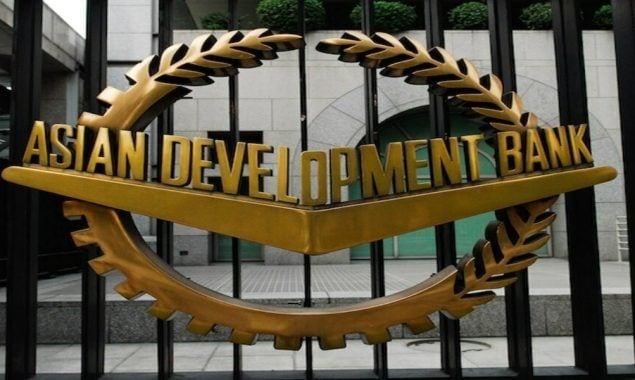Congress reaches agreement to avert calamitous US debt default
WASHINGTON: US senators struck a deal on Tuesday to create a one-time law,...

Image : File
ISLAMABAD: The Asian Development Bank (ADB) has approved a $603 million result-based lending programme to strengthen and expand social protection programmes in Pakistan, a statement issued on Wednesday.
The ADB said using conditional cash transfers, the programme will support the implementation of Ehsaas, Pakistan’s national social protection and poverty reduction strategy.
Under the Integrated Social Protection Development Programme, the ADB will provide a regular loan of $600 million and a $3 million grant from the Asian Development Fund, and will administer a $24 million grant from the Education Above All Foundation.
“The programme marks a significant shift in the ADB’s strategic engagement in the social protection space in Pakistan in line with the Ehsaas priorities,” ADB director general for Central and West Asia Yevgeniy Zhukov said.
“[The] ADB’s support will transition from unconditional cash transfers that provide income support to a mixed-modality approach that focuses more on conditional cash transfers for education, health services, and nutritional supplies that will help reduce intergenerational poverty through human capital development.”
The programme supports the Ehsaas goal of expanding cash transfers to improve access to primary and secondary education up to grade 10 for children and adolescents of poor families, especially girls, and enhancing health services and nutrition for women, adolescent girls, and poor children.
It also aims at initiating coverage of accelerated learning programmes at primary education level for overaged out-of-school children under conditional cash transfers.
In addition, the programme supports improvements in the implementation and fiduciary capacity for Pakistan’s social protection programmes. This will build on previous ADB support to further improve grievance redress, risk management, financial management, procurement, monitoring and evaluation, and management information systems, functions which help strengthen internal controls.
Pakistan is prone to the impacts of climate change and natural hazards, including floods, heat waves, and droughts, which have a disproportionate impact on the poor and vulnerable.
By leveraging the Asian Development Fund resources for climate adaptation, the programme will help identify and integrate appropriate climate resilience measures, such as vulnerability mapping and early warning systems.
“[The] ADB is a trusted and longstanding partner. This programme is the result of years of engagement with [the] ADB and other partners and focuses on areas where we believe the bank can have the most impact. It is a key priority under the government’s Ehsaas strategy,” Special Assistant to the Prime Minister for Social Protection and Poverty Alleviation Dr Sania Nishtar said.
“This programme incentivises parents to send their children to schools, particularly girls, and will help provide specialised nutritious food and conditional cash transfers to children and mothers in the districts of Pakistan that most need it,” she added.
Pakistan is a founding member of the ADB. Since 1966, the bank has committed more than $36 billion to promote inclusive economic growth and improve the country’s infrastructure, energy and food security, transport networks, and urban and social services.
Catch all the Business News, Breaking News Event and Latest News Updates on The BOL News
Download The BOL News App to get the Daily News Update & Follow us on Google News.